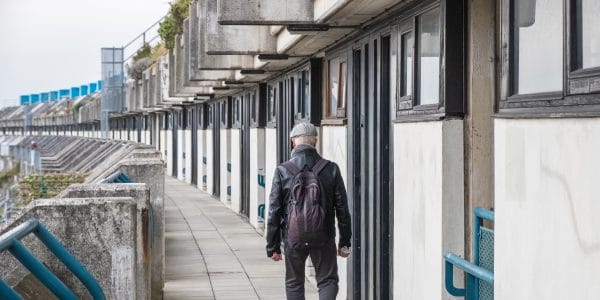We are delighted to announce £1.1m in funding to the University of York for the first comprehensive study on devolution and regional differences in social security.
Social security in a devolved UK will explore the extent of the devolution of social security within the UK and the realities, risks and opportunities this poses for families with children.
The UK spends more on working-age social security than education, or the police and defence combined. Social security is the policy instrument most directly able to reduce poverty.
Currently, there is a lack of research and understanding about the extent, nature and significance of devolution in policy design, delivery and implementation.
Scotland has introduced new benefits, and Wales is exploring increasing their devolved powers on social security. In 2023 a typical out-of-work couple with four children would receive £22,000 in England (outside of London), compared to £37,000 in Northern Ireland and £42,000 in Scotland.
This project will map the nature and extent of the devolution of social security systems at national, regional and local levels, to better understand the consequences for the millions of families across the UK whose experiences and outcomes differ depending on where they live.
The multi-institutional and inter-disciplinary research and policy team, led by Professor Ruth Patrick at the University of York, comprises of academics from seven universities across all four UK nations, the Resolution Foundation, and Child Poverty Action Group. The team will conduct an extensive mixed-methods two-stage, three-year research programme.
There is a pressing need to improve social security in the UK. We need to learn and better understand the differences in how social security is designed and delivered in different parts of the UK so that we can help influence and improve policy.Professor Ruth Patrick
The project will share its research findings with policymakers in real-time, so that the findings can directly influence and improve policy and practice in a rapidly changing labour market and workforce.
This strategic project will combine quantitative analysis, examining levels and trends across local authorities, with important qualitative insights into lived experience. In conjunction with engagement with policymakers at national and local levels, it will deliver a definitive account of devolved social security and identify opportunities for policy and practice improvement.Alex Beer, Head of Portfolio Development at the Nuffield Foundation


















